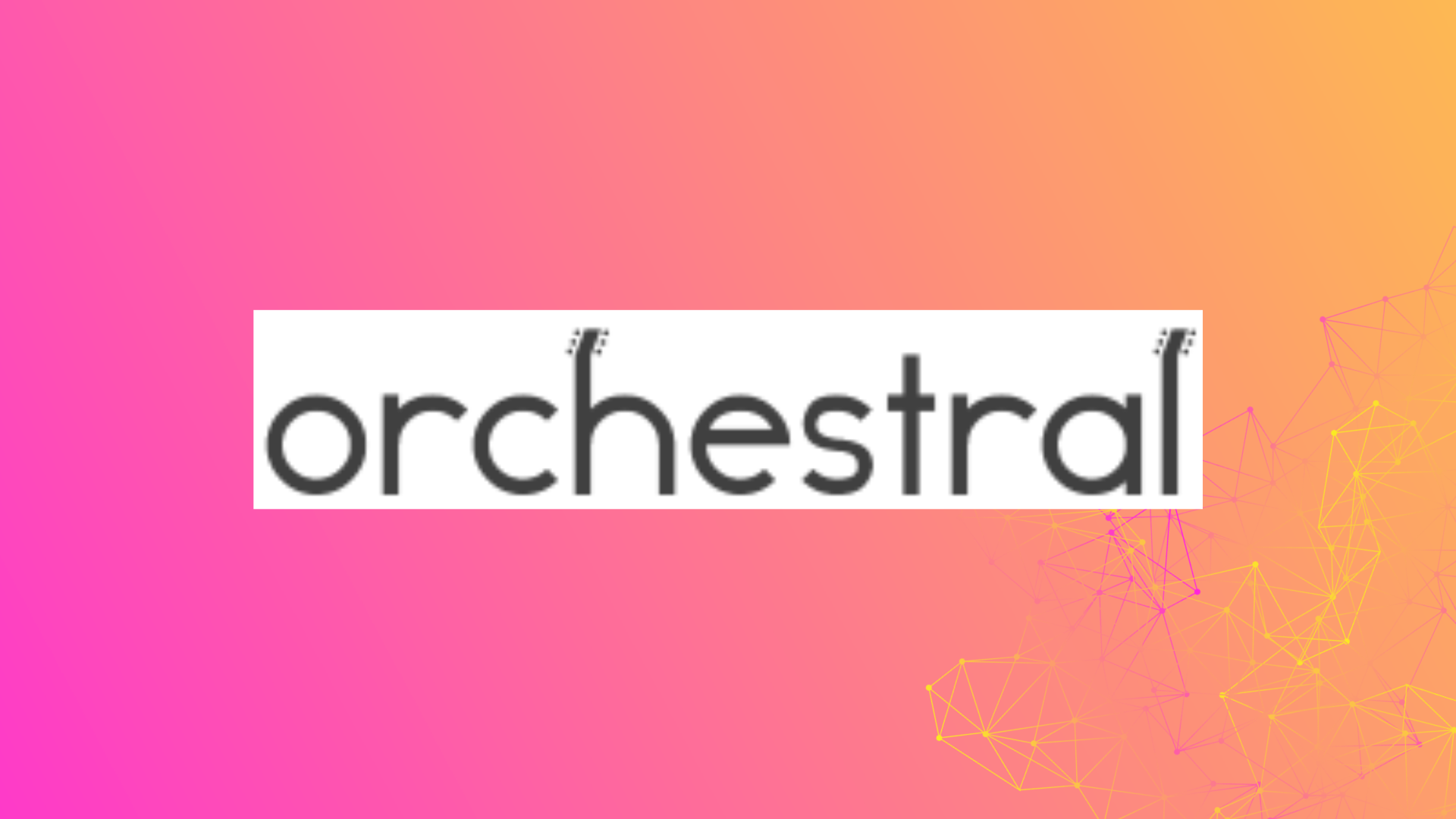Behind Orchestral there is a group of ethical internet activists, members of the Pangea.org organisation, are co-developing an identity management system for marginalised and internet activist communities. The system is built by mature communities with their internet infrastructure and services organised as a commons. They want to self-manage their digital content and circular digital devices. The system should allow users of multiple organisations to manage their online identities and activate, access, manage, and share the costs (invoicing) of community-centred internet services and devices according to their identity profile. The system development uses and is open-source software.
Can you briefly present your team?
We are a consortium of a non-profit organisation (Pangea) and a university (UPC) working together with individuals, public and private organisations for an ethical internet, a force for good, for people and nature. While Pangea represents citizen and activist communities involved, UPC represents knowledge, expertise and research results on decentralised systems, circular economy and distributed ledger technologies.
Pangea is a private, independent non-profit organisation founded in 1993 to promote the strategic use of communication networks and Information and Communication Technologies (ICT) for development and social justice and to become a tool to help meet the objectives of social groups, organisations and social movements in the local context.
Pangea is a member of the international network APC (Association for Progressive Communications, with presence in 63 countries, working with many vulnerable groups) and participates through collaboration with APC and members on diverse initiatives and publications such as the Giswatch.org reports and UN initiatives, with consultative status with the United Nations Economic and Social Council (ECOSOC), on ethical aspects of the internet.
UPC is a public higher education and research institution, specialising in architecture, engineering and technology. UPC will participate through the Distributed Systems research group (DSG). The group brings to the project competence and expertise in designing, modelling and evaluating large-scale decentralised socio-technical systems and circular economy digitisation tools and experimented in real deployments. Our research has centred in the last decade on the sustainability and circularity of digital devices and the use of distributed ledger technology (DLT) for performance evaluation and digital product passport (DPP) standardisation.
How did you come up with this project idea and what benefits will it bring to the end users?
This project emerged from the recognition that marginalized and internet activist communities lack tailored identity management solutions that support their values. We wanted to fill this gap by developing a decentralized identity management system prioritizing ethical internet principles, privacy, and user control. Ultimately, this system will grant users more control over their online identities, make it easier for them to access essential digital services, and foster trust and privacy within these communities.
How is TrustChain supporting your growth and what role does it play for the next steps in your development?
TrustChain has played a significant role in our growth by providing funding and a collaborative platform for innovation. Additionally, TrustChain’s network opens doors to exploring potential synergies with other funded projects which could propel our development forward.
Why did you apply to the TrustChain call and has your vision changed since then?
We applied to TrustChain because our project’s focus on advancing decentralization and ethical internet principles aligned perfectly with the call’s objectives. While our core vision remains consistent, our participation in TrustChain has provided valuable insights on best practices, reinforced our commitment to user-centric design needs, and the importance of inter-project collaboration, particularly with open-source initiatives to create a solid public code base.
What is the most valuable takeout from the TrustChain project and why was the topic of the Open Call important to you/your team?
The key takeaway from TrustChain has been the emphasis on putting user needs first in the development of decentralized identity systems. Additionally, collaboration is essential for innovation and fostering interconnected solutions. Our team resonates deeply with the Open Call’s mission to create a more trustworthy and inclusive internet, making the TrustChain initiative especially meaningful to us.
Did you establish collaboration with any of the TrustChain teams or plan for any kind of synergies? If yes, what is the biggest potential in such collaborations?
We discussed design and implementation issues with the DID4EU (Walt.id) project that helped us to select which open-source libraries to use in our development. The meetings have provided useful ideas to improve our product and we actively look to establish collaborations with fellow TrustChain teams, in any open call, working on complementary areas of technology or addressing similar social needs. Working together has tremendous potential to accelerate our project’s development with complementary software components, expand the solution’s outreach for increased impact, and facilitate broader knowledge-sharing within the decentralized identity space.
What are your expectations regarding the TrustChain software ecosystem and its contribution to the NGI priority areas?
We expect the TrustChain software ecosystem to become a valuable resource for developers and organizations seeking open-source tools supporting privacy, trustworthiness, inclusion, and security in the online world. Our project hopes to contribute to this ecosystem, aligning with the NGI priority areas throughout our development journey. Without these, decentralised identity and credentials for a human-centred internet will be a chimera.
What are the next steps for your team?
Our immediate next steps include refining and enhancing the identity management system through iterative development and pilot testing to include an even wider range of users and real-world use cases. Finally, we plan to conduct a rigorous evaluation of the system’s effectiveness and the benefits it delivers, using established measures and KPIs.
What is the message you would give to new and potential applicants to TrustChain Open Calls?
Clearly demonstrate how your project aligns with TrustChain’s mission and NGI priorities, express your readiness to collaborate with other TrustChain teams and contribute to the broader ecosystem, and emphasize the potential real-world impact of your project, especially concerning the needs of underserved or marginalized communities.

